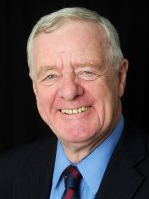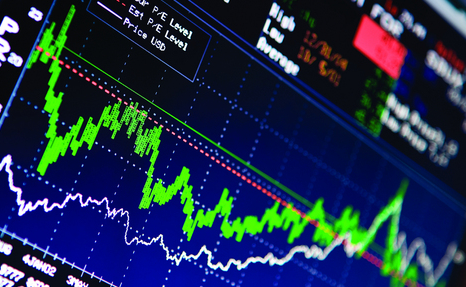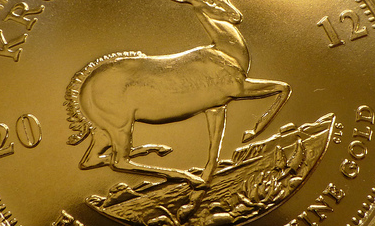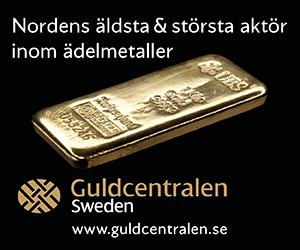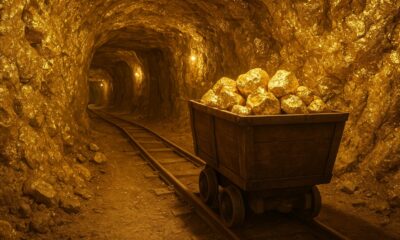Nyheter
David Hargreaves on Precious Metals, week 30 2014
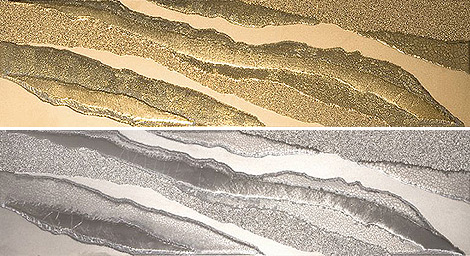
It has surprised many – if not most – that whilst competing political tensions have escalated – in the Russia/Ukraine and Israel/Palestine theatres – the gold price has subsided and with that its cohorts, the PGMs and silver. These are the bellwethers of fear and tension, yet they fall.
Q: Now, why?
A: Because it is all a game. We do not believe this will boil over into a major military conflict, rather a fudge, a compromise with rhetoric coming out ahead. What we do believe is that the world economy is strengthening, that interest rates will rise and stock markets will gain ground. Not so commodity prices, perhaps, because they also ran ahead of themselves. Yet the precious metals have probably done enough, certainly for now.
So, does the WIM theory – that everything above $1000 is political froth – still hold good? We need to keep reminding ourselves that these are high levels, last seen 18 months ago and before the world economy staged a recovery of sorts. We continue to be reminded that the 9-10% gold rally this year so far, beats the gain for equities, commodities and Treasuries. Goldman Sachs does not back down on gold going lower as the economy improves. Swimming alongside is Société Générale. So GS goes for $1050 by end 2014 and SG $1245. WIM opts for $1200.
Yields on US ten-year Treasury bonds, too, are falling, down to a 2.5% from 3.0%. India’s performance matters to the gold market, even more than that of China. It not only imports a substantial amount, but processes and re-exports for a profit. The catch? Much also disappears under the bed, playing hell with the balance of payments. So when the government stuck on a 10% import duty last year, it dented the inflow, like down from 1014t in the year to March 2013 to 670t in like 2014. It is a difficult balance and India’s bank gold holdings are only 5.4% of foreign exchange reserves. The government is not backing down in its resolve over the import duty. A sign of hope is that the country’s export growth is moving up, but so are gold imports, despite the levy. At $3.12bn in June (we make that 60t), they are up 66% on like 2013.
What the World Gold Council thinks. The WGC has treated us to its H1 2014 investment commentary. It would test a Philadelphia lawyer so we will not bore with it except to summarise: the metal is up 9.2% this year, to the surprise of most analysts. Investment demand is tepid. Now is a prime opportunity to add, given high bond issuance, tight credit spreads and record low volatility (of what?). So says the WGC.
The London Gold Fix. Sharps Pixley, a name synonymous with London gold trading, rose from the ashes to command a niche presence in both research and marketing. Its CEO Ross Norman knows the scene and thinks the London ‘Fix’ still does the job. He makes the simple case that via its five member firms, it reaches many clients before a decision on price is reached. It is something like an auction and provides a venue for large deals. A good summary.
[hr]
About David Hargreaves
David Hargreaves is a mining engineer with over forty years of senior experience in the industry. After qualifying in coal mining he worked in the iron ore mines of Quebec and Northwest Ontario before diversifying into other bulk minerals including bauxite. He was Head of Research for stockbrokers James Capel in London from 1974 to 1977 and voted Mining Analyst of the year on three successive occasions.
Since forming his own metals broking and research company in 1977, he has successfully promoted and been a director of several public companies. He currently writes “The Week in Mining”, an incisive review of world mining events, for stockbrokers WH Ireland. David’s research pays particular attention to steel via the iron ore and coal supply industries. He is a Chartered Mining Engineer, Fellow of the Geological Society and the Institute of Mining, Minerals and Materials, and a Member of the Royal Institution. His textbook, “The World Index of Resources and Population” accurately predicted the exponential rise in demand for steel industry products.
Nyheter
Tyskland har så höga elpriser att företag inte har råd att använda elektricitet
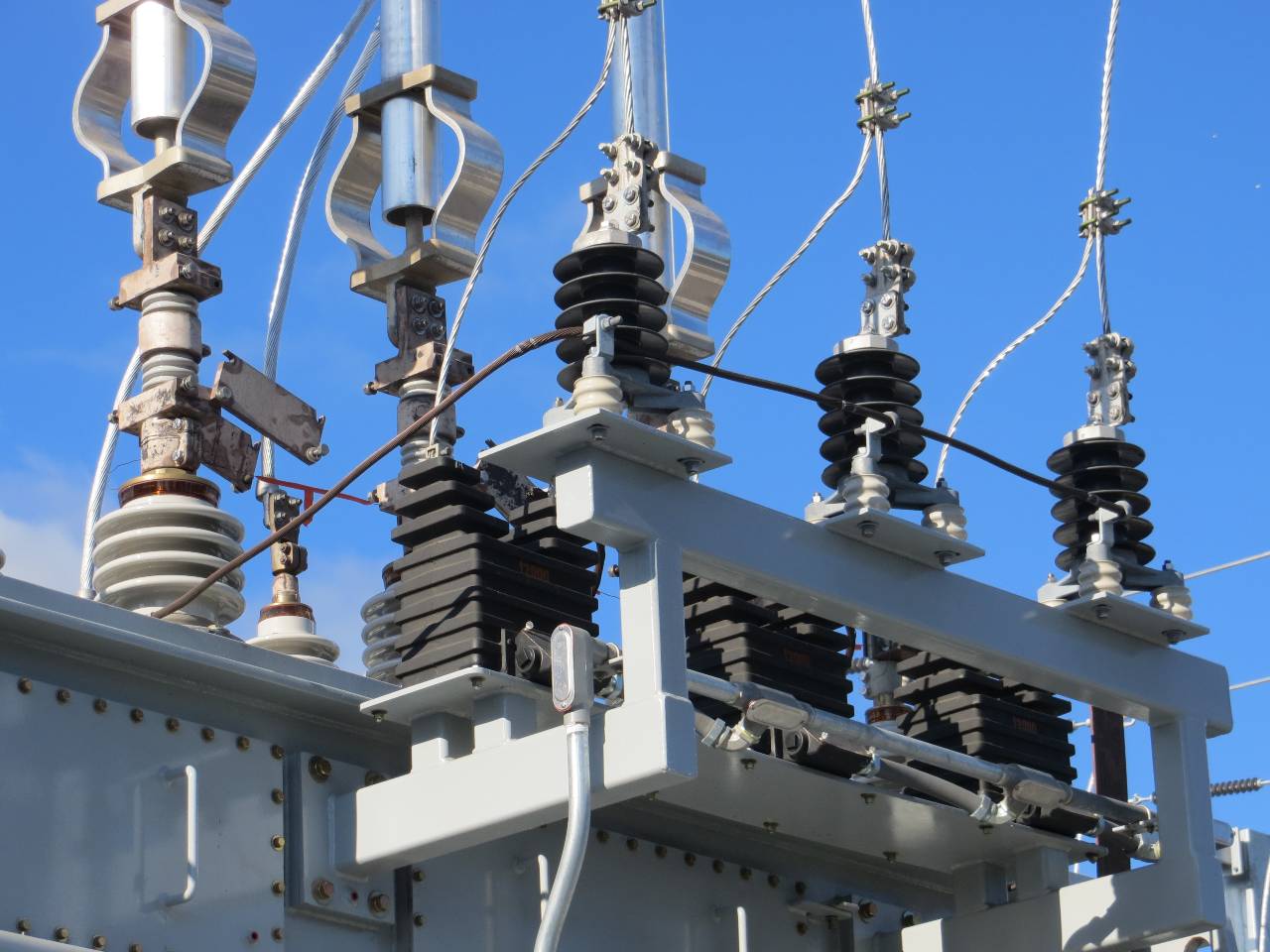
Tyskland har skrivit ner prognosen på hur mycket elektricitet landet kommer att behöva 2030. Hittills har prognosen varit 750 TWh, vilken nu har skrivits ner till 600-700 TWh,
Det kan vid en första anblick låta positivt. Men orsaken är inte att effektiviseringar. Utan priserna är så pass höga att företag inte har råd att använda elektriciteten. Elintensiv industri flyttar sin verksamhet till andra länder och få företag satsar på att etablera energikrävande verksamhet i landet.
Tyskland har inte heller någon plan för att förändra sin havererade energipolitik. Eller rättare sagt, planen är att uppfinna fusionskraft och använda det som energikälla. Något som dock inte löser problemet på några årtionden.
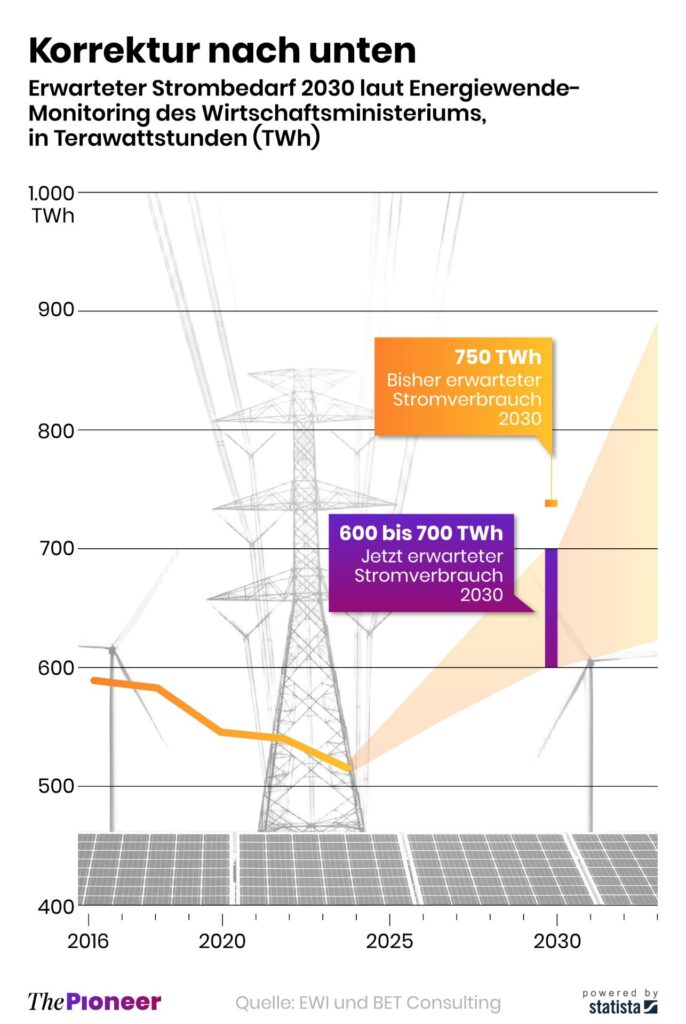
Nyheter
Kinas elproduktion slog nytt rekord i augusti, vilket även kolkraft gjorde

Kinas officiella statistik för elproduktion har släppts för augusti och den visar att landet slog ett nytt rekord. Under augusti producerades 936 TWh elektricitet.
Stephen Stapczynski på Bloomberg lyfter fram att det är ungefär lika mycket som Japan producerar per år, vilket innebär är de producerar ungefär lika mycket elektricitet per invånare.
Kinas elproduktion kom i augusti från:
| Fossil energi | 67 % |
| Vattenkraft | 16 % |
| Vind och Sol | 13 % |
| Kärnkraft | 5 % |
Stapczynskis kollega Javier Blas uppmärksammar även att det totala rekordet inkluderade ett nytt rekord för kolkraft. Termisk energi (där nästan allting är kol) producerade 627,4 TWh under augusti. Vi rapporterade tidigare i år att Kina under första kvartalet slog ett nytt rekord i kolproduktion.
Nyheter
Det stigande guldpriset en utmaning för smyckesköpare
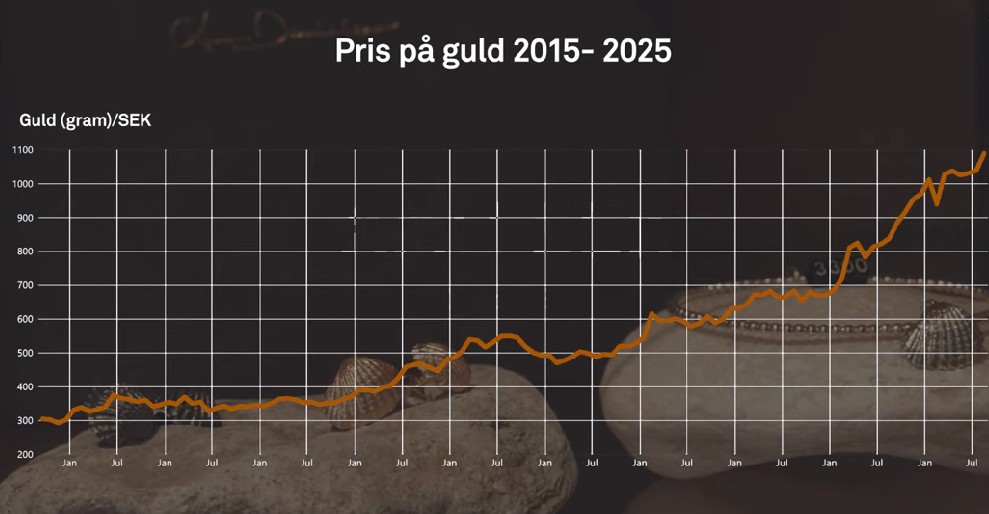
Guldpriset når hela tiden nya höjder och det märks för folk när de ska köpa smycken. Det gör att butikerna måste justera upp sina priser löpande och kunder funderar på om det går att välja något med lägre karat eller mindre diamant. Anna Danielsson, vd på Smyckevalvet, säger att det samtidigt gör att kunderna får upp ögonen för värdet av att äga guld. Det högre guldpriset har även gjort att gamla smycken som ligger hemma i folks byrålådor kan ha fått ett överraskande högt värde.
-

 Nyheter4 veckor sedan
Nyheter4 veckor sedanMeta bygger ett AI-datacenter på 5 GW och 2,25 GW gaskraftverk
-
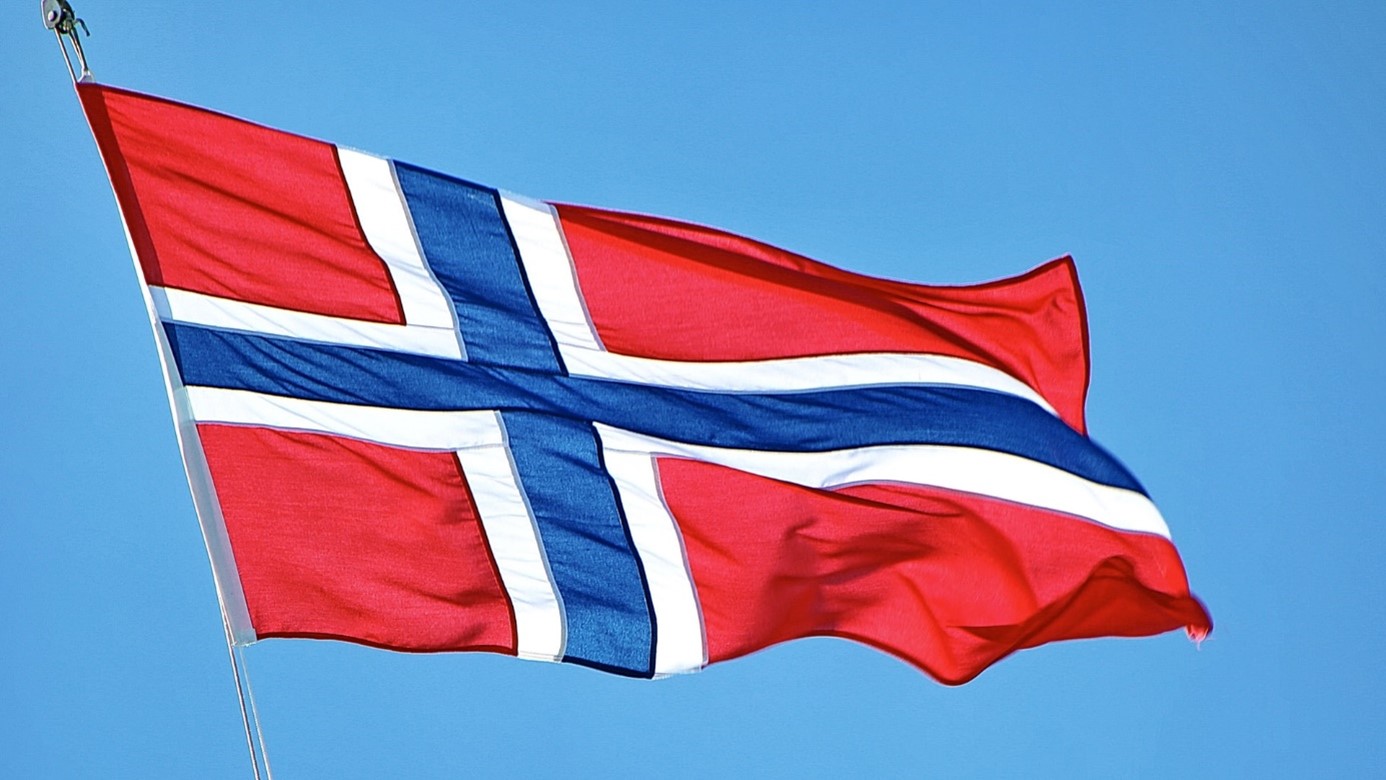
 Nyheter4 veckor sedan
Nyheter4 veckor sedanAker BP gör ett av Norges största oljefynd på ett decennium, stärker resurserna i Yggdrasilområdet
-
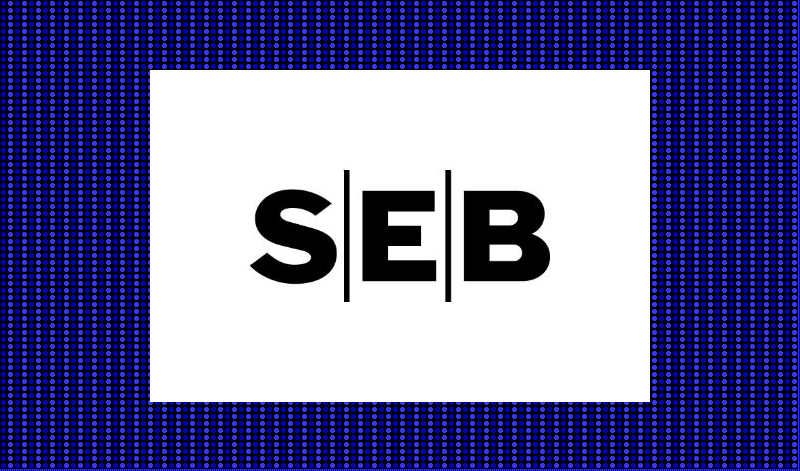
 Analys4 veckor sedan
Analys4 veckor sedanBrent sideways on sanctions and peace talks
-

 Nyheter4 veckor sedan
Nyheter4 veckor sedanSommarens torka kan ge högre elpriser i höst
-

 Analys4 veckor sedan
Analys4 veckor sedanBrent edges higher as India–Russia oil trade draws U.S. ire and Powell takes the stage at Jackson Hole
-
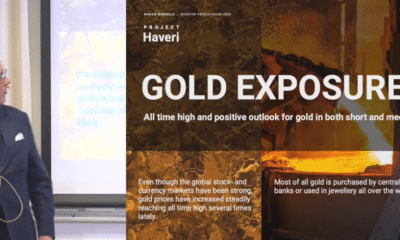
 Nyheter3 veckor sedan
Nyheter3 veckor sedanMahvie Minerals är verksamt i guldrikt område i Finland
-

 Analys3 veckor sedan
Analys3 veckor sedanIncreasing risk that OPEC+ will unwind the last 1.65 mb/d of cuts when they meet on 7 September
-

 Nyheter3 veckor sedan
Nyheter3 veckor sedanNeil Atkinson spår att priset på olja kommer att stiga till 70 USD


